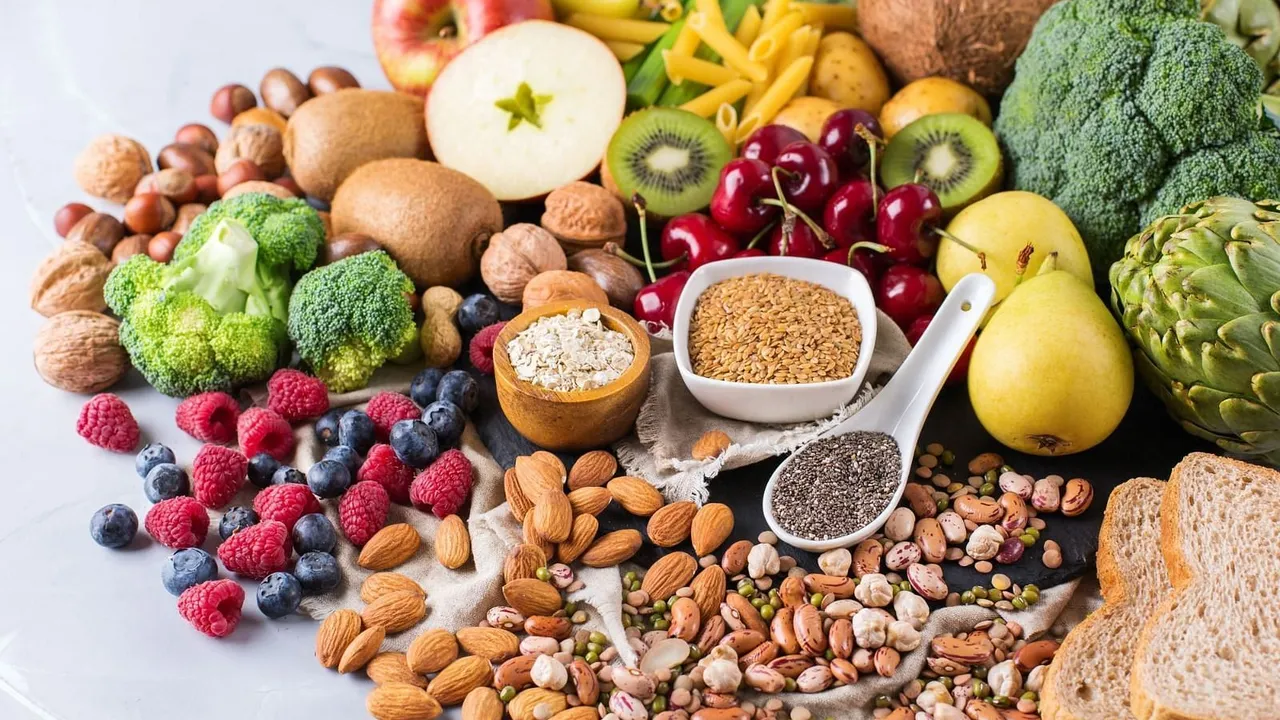Cholesterol Management: Practical Steps to Lower LDL and Protect Your Heart
High cholesterol quietly raises your risk for heart attack and stroke. You don’t need fancy plans—small, smart changes plus the right medicines make a big difference. This page gives clear steps you can use now: what numbers to watch, simple diet and exercise moves, common drugs, and how to get prescriptions safely online.
Know your numbers and goals
Ask your doctor for a fasting lipid panel that shows LDL (bad cholesterol), HDL (good), total cholesterol, and triglycerides. For most people at average risk, aim for LDL under 100 mg/dL. If you have heart disease or diabetes, your doctor may target LDL under 70 mg/dL. Don’t obsess over one test—track trends over time and check every 6–12 months after any treatment change.
High triglycerides (over 150 mg/dL) call for cutting sugar, alcohol, and refined carbs. Low HDL is often improved by quitting smoking, losing weight, and exercising. Use the numbers to guide action, not to panic.
Practical changes that work
Start with food: swap butter and full-fat dairy for olive oil and lean proteins. Cut back on fried foods, processed snacks, and anything with “partially hydrogenated” on the label—those trans fats raise LDL fast. Add soluble fiber—oats, beans, apples—and small daily servings of nuts. Plant sterols (available in fortified spreads) can also lower LDL when used regularly.
Move more: brisk walking 30 minutes most days lowers risk and helps LDL and triglycerides. Strength training twice a week boosts metabolism and protects muscle when you lose weight. Even breaking long sitting periods with short walks helps blood fats.
Limit alcohol and quit smoking. Both choices improve heart risk beyond just cholesterol numbers. If you drink, stick to moderate amounts—one drink a day for women, two for men.
When lifestyle isn’t enough, medicines are common and effective. Statins are the first choice; they lower LDL and reduce heart attack risk. Ezetimibe can be added if statins alone don’t reach targets. For very high-risk patients, PCSK9 inhibitors are an option—these are injectable and used under specialist care. All medicines can have side effects; discuss muscle pain, liver checks, and interactions with your prescriber.
Buying meds online? Use a licensed pharmacy that asks for a prescription, shows contact details, and has secure checkout. Avoid sites that sell prescription drugs without asking questions. If you’re refilling, keep a current prescription and check with a pharmacist about interactions—grapefruit affects some statins, for example.
If you’re unsure what to do first, get a lipid panel and make a short plan: improve diet this week, add walking, and schedule a med review with your doctor. Small steps add up fast when you stay consistent.

The Role of Probiotics in Managing Hypercholesterolemia
Hi there! So today, we're delving into the impressive role of probiotics in managing hypercholesterolemia. We all know the concerns about high cholesterol, right? Despite the usual medications, it appears that probiotics might have a significant impact, and I find that absolutely fascinating! Join me in exploring how these health supplements could potentially ameliorate cholesterol levels and grant us better overall well-being. The world of health and wellness is vast, and there's always something new to learn!
© 2026. All rights reserved.
